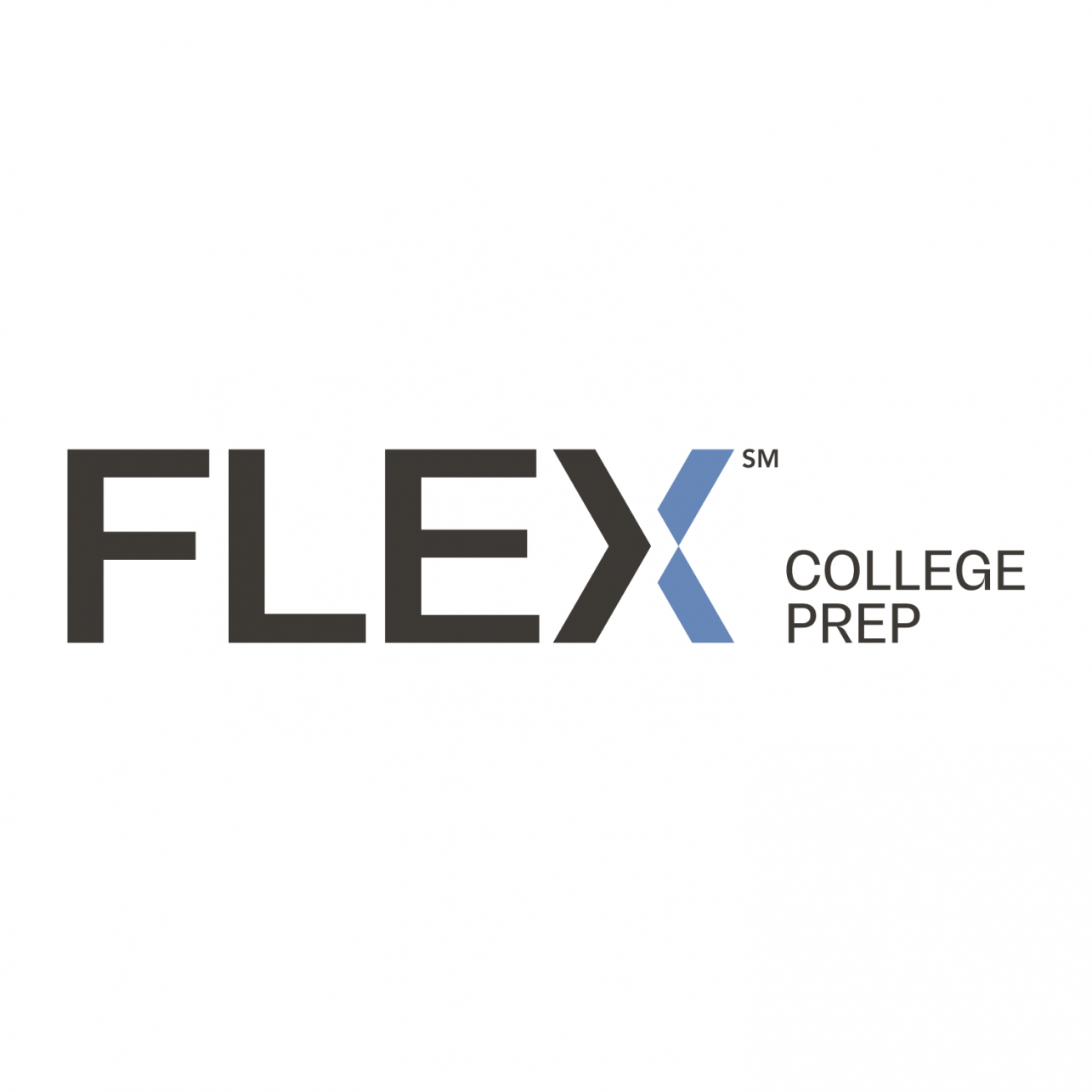Social-emotional learning is backed by research as a way to provide students with the skills they need to cope with adversity. SEL programs are especially effective and important in communities, cultures, and environments of instability, and as the majority of high school and middle school students have experienced extreme upheaval in their academic careers through online learning and COVID lockdowns, these programs are applicable and important for almost any student today. Focusing on the student’s emotional and social well-being is a proven way to improve their performance.
According to the United States Agency of International Development, “In areas of instability or crisis, SEL programs positively impact learning and development while fostering emotional health and well-being. Critically, SEL builds resilience, providing students with the skills necessary to cope with adversity.” With such widespread instability and crisis in the years following the COVID school closures, social-emotional learning is argued to be critical in nature. In addition to concerns about the virus itself, students returning to the classroom may also face academic challenges. Prolonged school closures have disrupted the typical academic calendar, leading to gaps in learning and potential academic regression. This can cause stress for students who may feel like they are behind in their studies or struggling to catch up after learning from home.
The return to the classroom presents social challenges for students. Many students have been isolated from their peers and teachers for an extended period, and may struggle to readjust to social interactions in the classroom. This can lead to feelings of anxiety, loneliness, and social awkwardness, which can negatively impact their mental health and academic performance.
What is SEL?
According to the Collaborative for Academic, Social, and Emotional Learning (CASEL), Social-emotional learning, or SEL, is “the process through which all young people and adults acquire and apply the knowledge, skills, and attitudes to develop healthy identities, manage emotions and achieve personal and collective goals, feel and show empathy for others, establish and maintain supportive relationships, and make responsible and caring decisions.”
Social-emotional learning aims to create lifelong learners who focus on building relationships and who care about the world around them. SEL creates and maintains an environment that minimizes inequities in education. This learning structure supports all students while teaching them to be caring and inclusive in their learning environments.
Major pillars in SEL classrooms are:
- Self-awareness
- Social awareness
- Relationship skills
- Strong decision making
- Self-awareness
Ultimately, social-emotional learning prioritizes the emotional well-being of students. Students who are happy are more motivated to be lifelong learners and more collaborative with the learners around them.
Stress and Adversity Students Face
Stress is on the rise for students. From classroom and campus safety, to test scores and college applications, most students face high levels of stress at some point in their academic careers. Middle school and high school students also face intense pressure to perform and keep up in a fast-paced highly competitive academic world. Students who are stressed do not perform at their fullest potential. Some students facing extreme academic pressure experience behavioral issues as their mental health declines.
Extreme exposure to the media amplifies these stresses in many ways. Campus safety is a huge concern for students facing regular news stories of violence in academic settings. It is common for middle school and high school students to fear for their safety while at school, and since the coronavirus pandemic, students’ social skills have been impacted as well – this is very stressful during a person’s formative years.
The academic world is competitive and intense. It is difficult to get into college, still, even before college admissions, many students feel extremely overwhelmed by the high standards for performance. To amplify all of these stressful factors in most learning environments, college is expensive. Competition or safety are not the only factors in a student’s stress levels: financial concerns factor in too.
How Does SEL Help Students Build Resilience While Dealing With Stress and Adversity?
Some level of stress in a student’s life is likely, so how does social-emotional learning help students learn to deal with their stress in order to become happier, more motivated, and more collaborative, empathetic learners?
According to the United States Agency of International Development, “Children and youth with strong social and emotional skills are able to build social capital and networks. This includes developing trusted relationships with peers, family members, teachers, and community members. When faced with adverse situations, students with these resources can rely on their social network for support.” Having a support system can make all the difference in a student’s ability to cope with stressful circumstances. Participating in SEL gives students the tools to network on their own. Schools and educators who implement SEL provide students with opportunities to develop trusted relationships.
SEL Tutor’s Role and Impact
Social-emotional learning (SEL) is an essential component of a student’s development. It involves the process of acquiring and applying social and emotional skills, such as self-awareness, self-management, social awareness, relationship skills, and responsible decision-making. These skills enable students to manage their emotions effectively, develop positive relationships, make responsible decisions, and cope with stress and adversity. An SEL tutor plays a critical role in helping students develop these skills and build resilience towards stress.
Stress is a common experience among students. When students are not equipped with the necessary skills to manage their emotions and cope with stress, it can negatively impact their academic performance, mental health, and overall well-being. An SEL tutor can help students develop the skills needed to manage stress and build resilience.
One of the primary roles of an SEL tutor is to provide students with a safe and supportive environment to express themselves. Through active listening and empathy, the tutor can help students identify and understand their emotions, as well as the root causes of their stress. This allows the tutor to develop a personalized plan for the student that addresses their unique needs and goals.
Another critical role of an SEL tutor is to teach students practical strategies for managing their stress. This can include deep breathing, meditation, mindfulness, exercise, and positive self-talk. By incorporating these strategies into their daily homework or studying routines, students can develop healthy learning habits that promote emotional well-being and resilience.
In addition to teaching students stress management strategies, an SEL tutor can help students develop positive relationships and improve their social skills. This can include teaching them effective communication skills, conflict-resolution techniques, and empathy-building exercises. By improving their social skills, students can build stronger relationships with their peers, teachers, and family members, which can help them feel more supported and less isolated during times of stress.
An SEL tutor can help students develop responsible decision-making skills. This involves teaching them how to assess the consequences of their actions and make choices that align with their values and goals. By making responsible decisions, students can reduce the likelihood of engaging in risky behaviors or experiencing negative consequences that can contribute to stress.
An SEL tutor plays a crucial role in helping students develop resilience towards stress. By providing a safe and supportive environment, teaching practical stress management strategies, improving social skills, and promoting responsible decision-making, an SEL tutor can help students develop the skills needed to manage their emotions effectively and build resilience. This not only improves their academic performance and mental health but also prepares them for success in all aspects of their lives.
If you are seeking an empathetic and effective tutor, sign up for FLEX College Prep. Our tutors can guide your students to success, providing them with study tools and learning strategies to take on the stressful circumstances of high school and college admissions.

Students need to stand out in the competitive admissions landscape. FLEX College Prep is a team of the best strategists in the industry and takes a holistic approach to ensure students use their pre-college years in intentional, enriching, and personally satisfying ways. Since 2001, we’ve worked with families to help students unlock their potential and find happiness, meaning, and success in college and beyond.


































